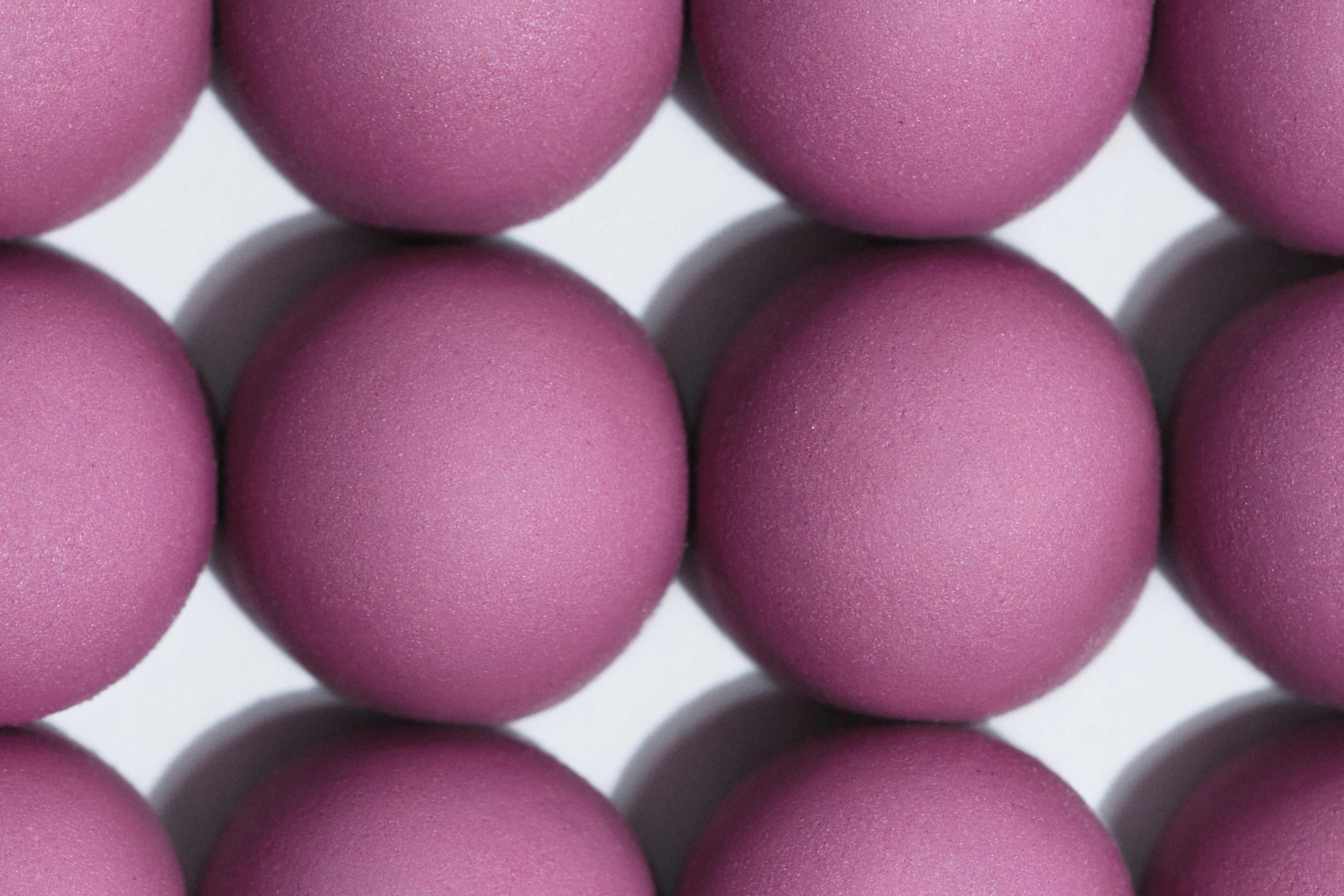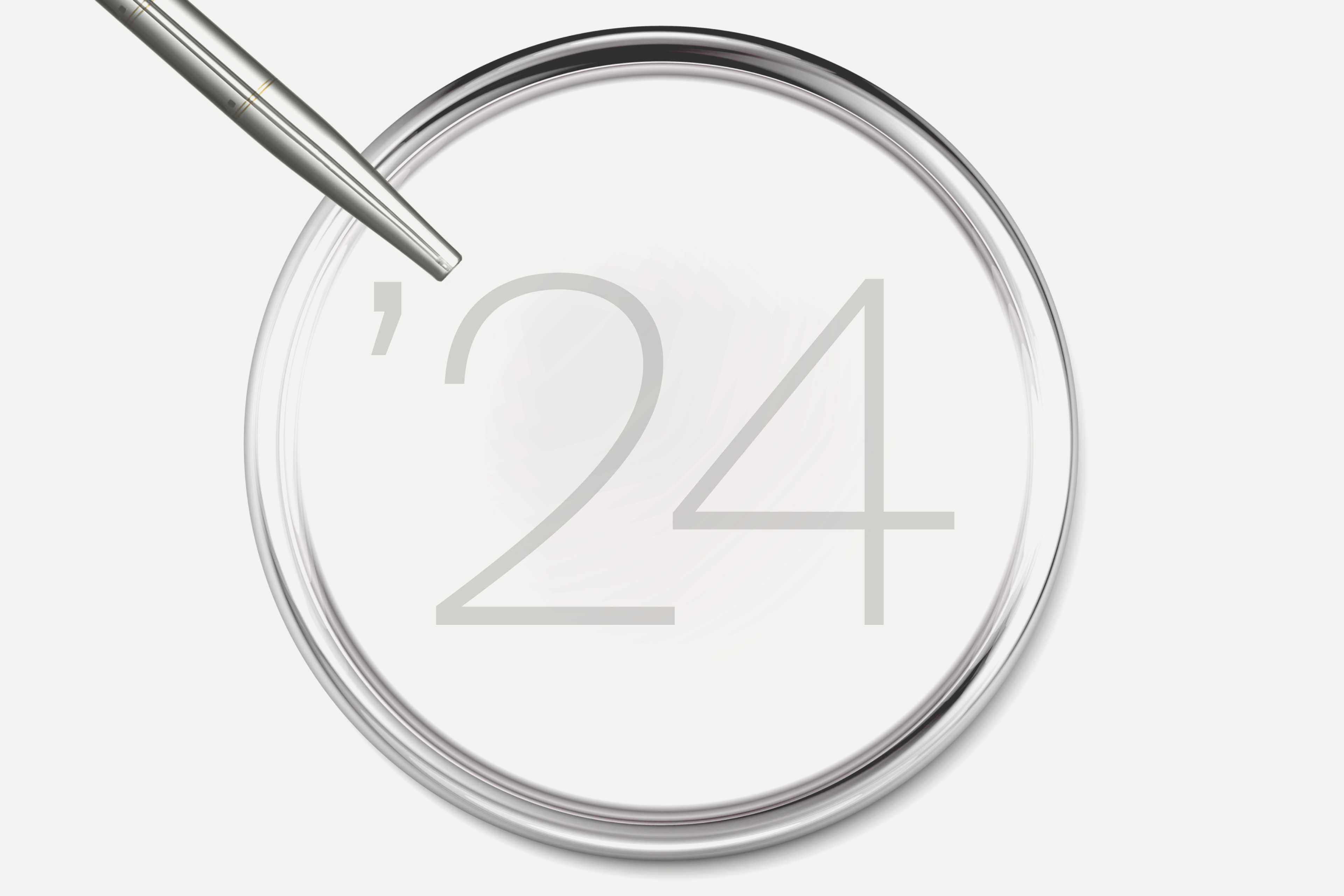New study shows exercise-like effects of Urolithin A
Exciting new research reveals that Urolithin A can improve muscular strength and endurance in healthy middle-aged adults.
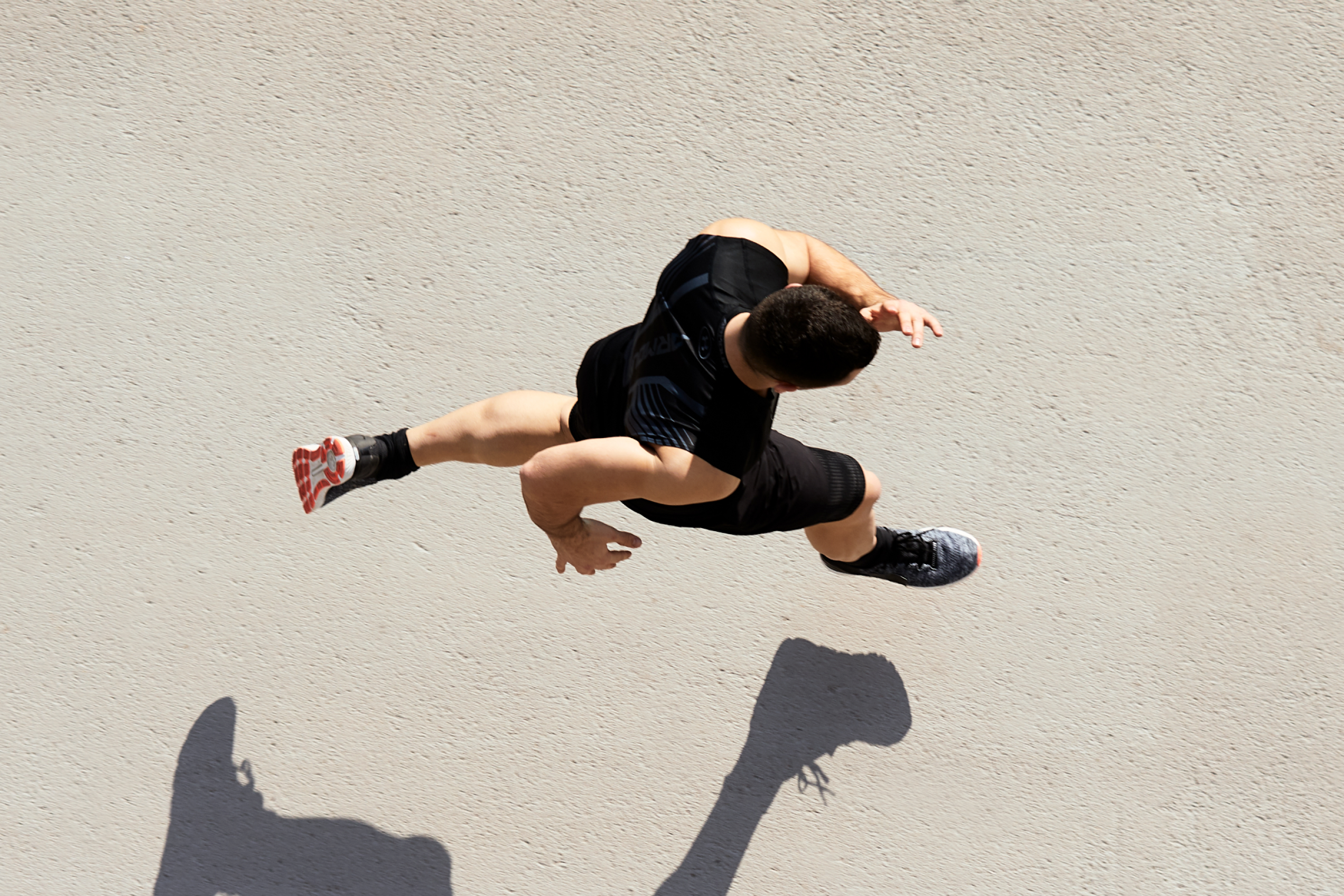
Atlas, the Greek god of strength and endurance, is known in Greek mythology as the god who lifted the sky on his shoulders. Aptly named the newly published ATLAS trial demonstrated that oral supplementation with Urolitnin A increased muscular strength and positively impacted measures of exercise performance in middle-aged adults.
The results published in Cell Reports Medicine continue to build on the compelling story that supplementation with Mitopure can positively impact muscle and mitochondrial health.
The ATLAS Trial
The ATLAS trial was a randomized, placebo-controlled study aiming to investigate if supplementation with Urolithin A would improve muscle function and physical performance in healthy middle-aged adults.
This study comes shortly after JAMA Network Open published the Energize Trial, demonstrating that supplementation with Mitopure enhanced skeletal muscle endurance and markers of cellular health in sedentary older adults.
As muscle loss is a hallmark of the aging process, finding treatments that may slow or reverse this decline is vital. To date, exercise and nutrition are the main strategies to support and manage muscular health as we age, but adherence to physical activity programs and a healthy diet are difficult for many people to maintain.
Study design
Eighty-eight participants between the ages of 40-64 were involved in this four-month intervention. The investigators selected individuals who were overweight with low physical endurance to truly test the power of Urolithin A. The subjects were then randomized to one of three treatment groups:
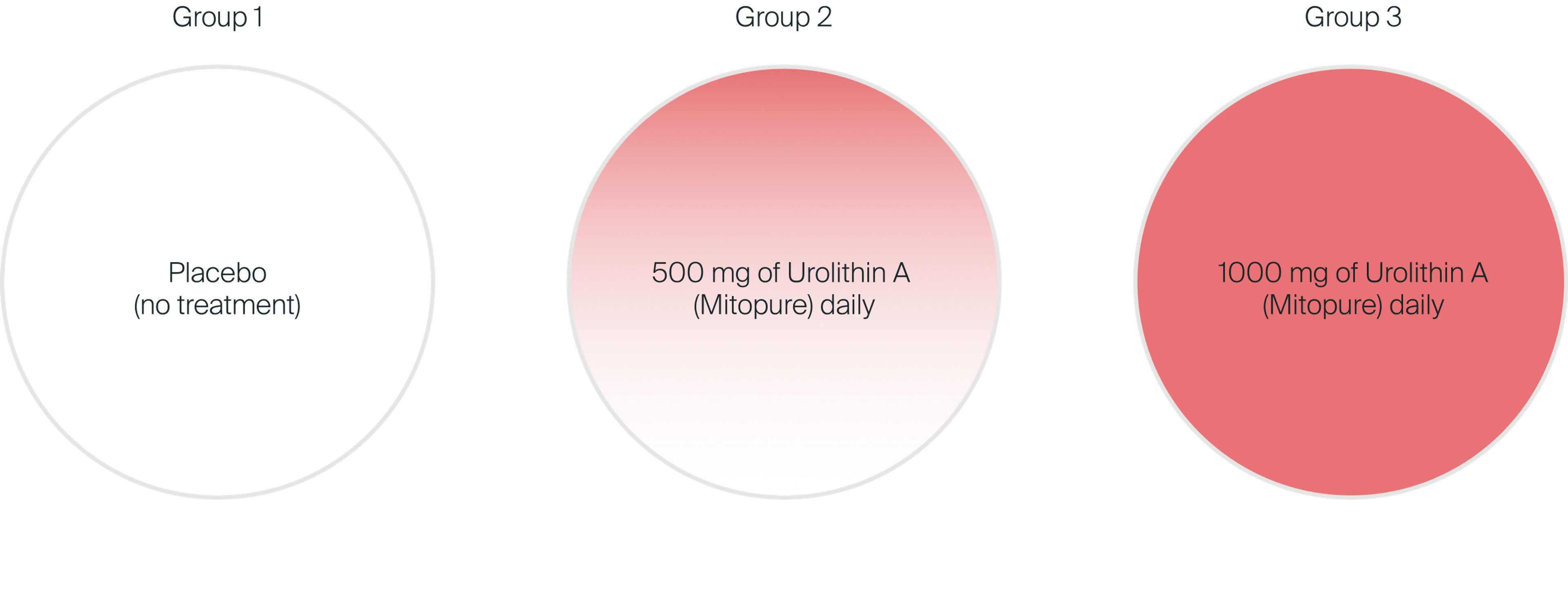
The effects of supplementation were determined by looking at the following markers of health:
Muscular strength in the lower leg muscles (hamstring and quadriceps) using isokinetic peak torque test.
Muscular endurance measured by a stationary cycle ergometer to test Vo2 max and a walking test that measures the distance participants walk over six minutes.
Biomarkers of mitochondrial health were conducted by muscle biopsies and blood plasma.
It’s important to note that no changes to diet or exercise were initiated during this trial so the positive impacts can truly be attributed to Urolithin A supplementation.
ATLAS trial findings
The findings from the ATLAS trial are truly exciting. Not only did Urolithin A supplementation lead to statistically significant improvement in muscular strength, but we also saw clinically meaningful improvement on exercise performance and marked improvement in key markers of cellular health.
Lead investigator, Anurag Singh, shares that “most exciting is the functional improvements in leg strength and physical performance in the absence of any exercise training program.”
Let’s break down the results.
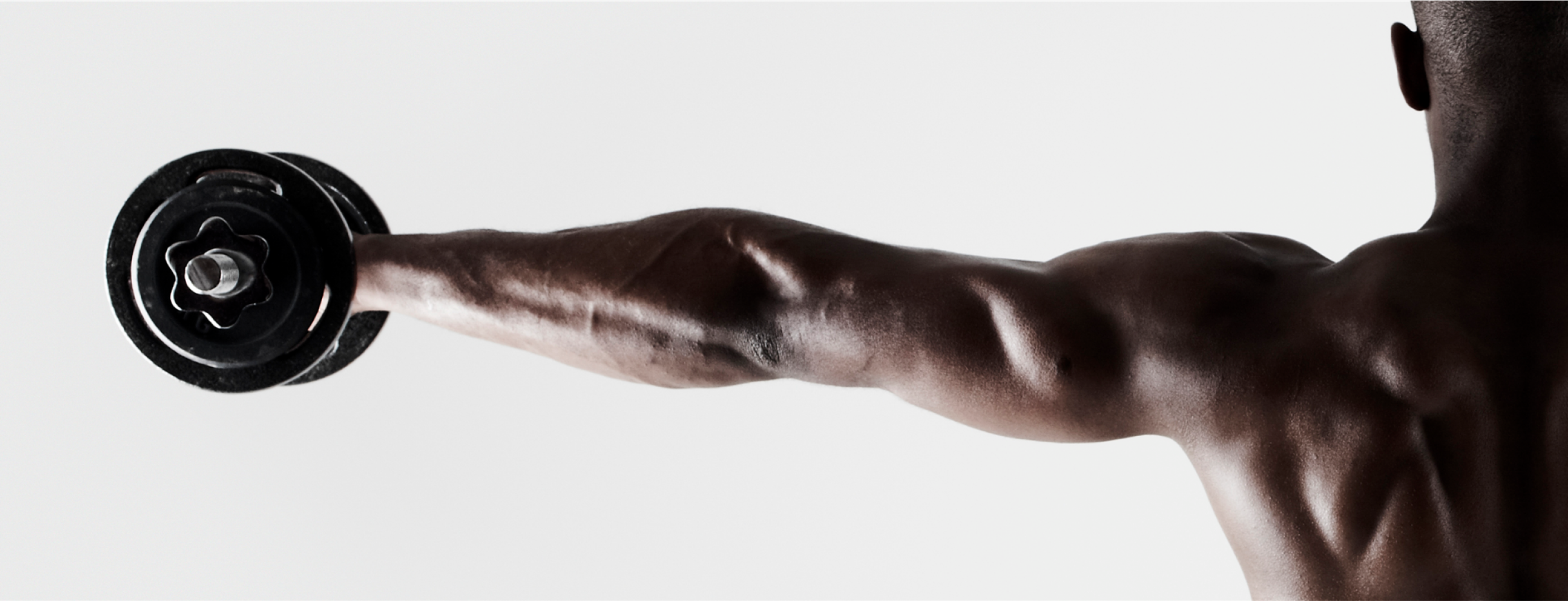
Improved muscular strength
Muscular strength was measured using average peak torque, and both the 500 mg and 1000 mg groups showed a significant increase in hamstring muscle strength at the four-month mark as compared to baseline. Other indicators of muscle strength showed trends toward improvement even though the results were not statistically significant. Interestingly, the placebo group had significant decreases in average torque during the trial, indicating a loss of muscular strength over the four months when no treatment was received.
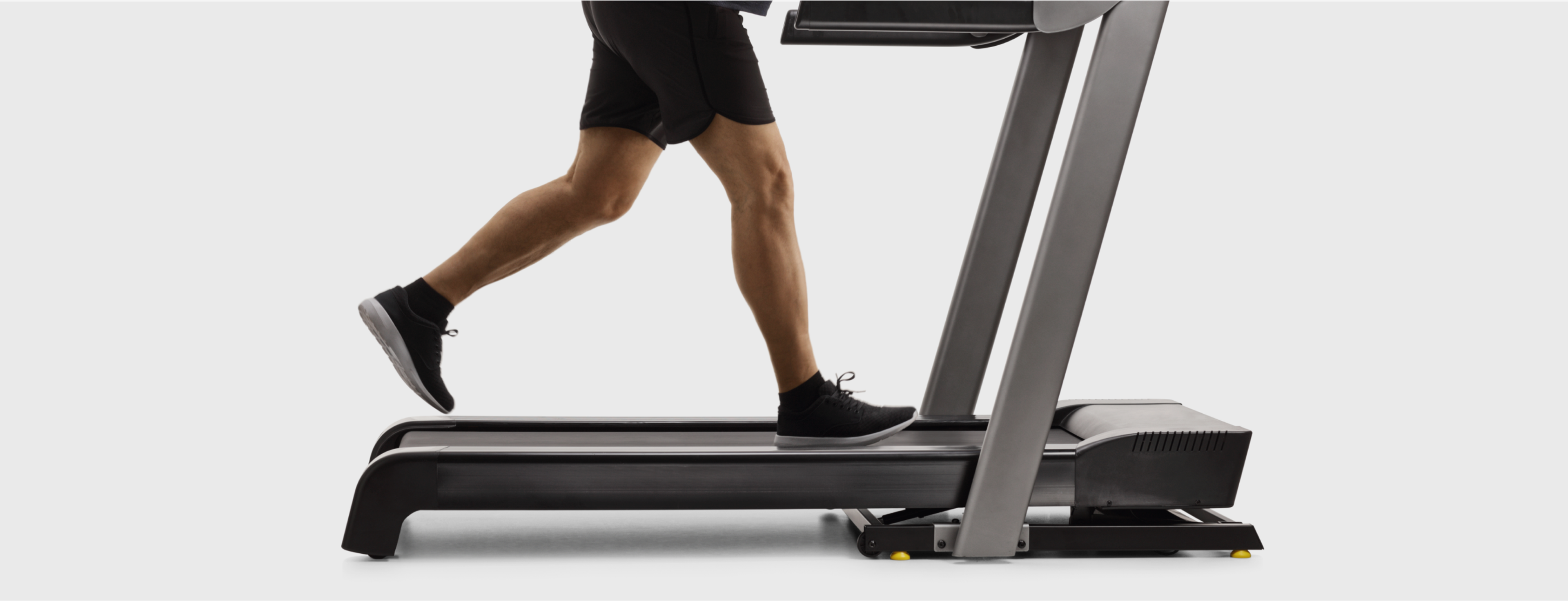
Improved exercise performance
Exercise performance was evaluated using a stationary cycle ergometer to measure Vo2 max and a walking test that measures the distance participants walk over six minutes. For both of these tests, the 1000 mg group showed significant improvements. Non-statistically significant improvements were seen in the lower dose group as well.
Walk distance during the six-minute walk test improved by 33.43 meters with the highest UA does (1000 mg). Singh tells us that “in clinical practice, a clinically meaningful improvement on the walking distance is over 30 meters. Now, these estimates are built on frail, old, or sick people with declining lung or cardiac function, so for a healthy adult population, this is a big deal in the absence of any exercise. A healthy adult walks for example anywhere between 500-600m in 6-minutes so improving by over 33 meters is an improvement of greater than 7%!”
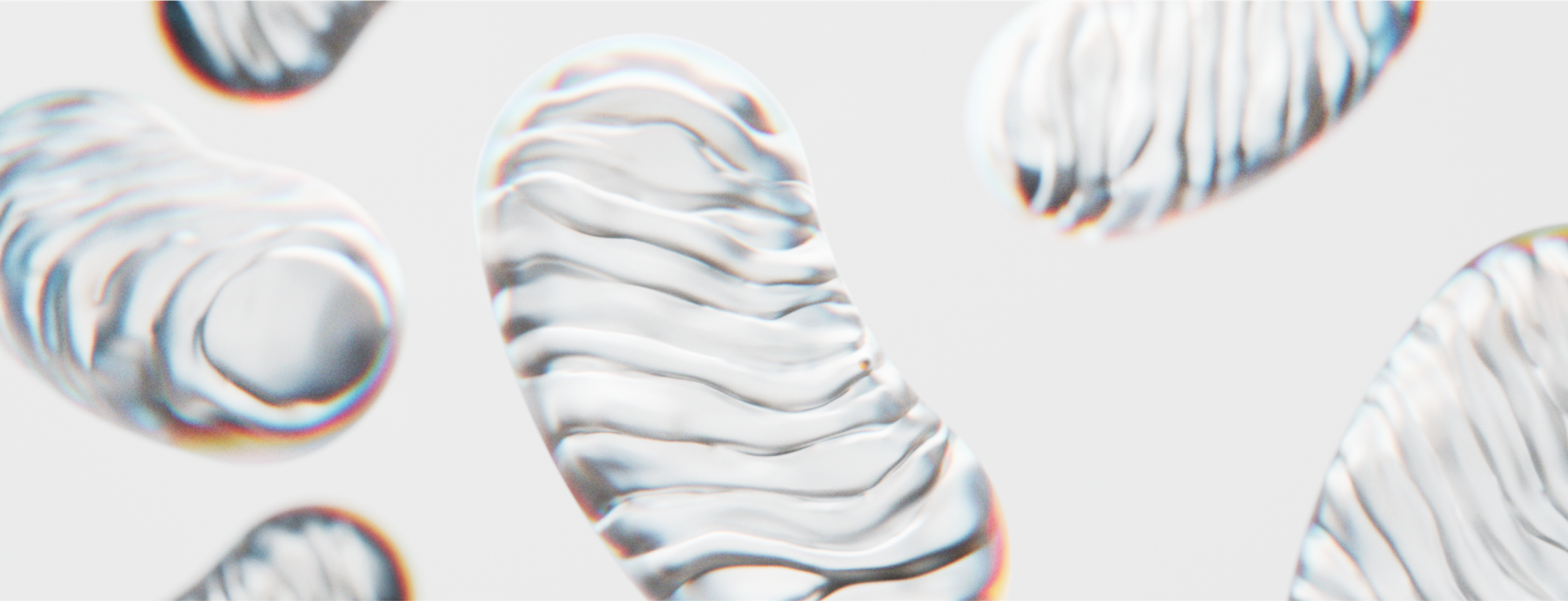
Biomarkers of mitochondrial health
Through a series of blood tests and muscle biopsies, the researchers evaluated changes in markers of cellular health. The groups that received Urolithin A saw the following positive changes:
Increased mitophagy. Mitophagy is the complex process where older, damaged mitochondria get regenerated into healthier, more efficient mitochondria. Urolithin A is a powerful inducer of this process. This is exciting as the ATLAS trial “is really one of the first interventions to show increased mitophagy in human muscle other than exercise” Singh remarks.
Increased levels of circulating UA, with higher levels seen with increased dosing (i.e. with 1000-mg compared to 500-mg Mitopure)
Improvements in biomarkers of inflammation such as C-reactive protein (CRP)
Singh shares that “compliance with Urolithin A was greater than 95% for the oral intervention. Compare that to exercise interventions such as walking 3 times a week for 30 minutes - the compliance is around 60%.” He also notes that “the impact on strength and endurance measures after 4-months is similar to exercise training programs over 6-months that improve Vo2 by 10-15%. Also, mitophagy protein increase is comparable to exercise studies.” This is an important consideration as we know that sticking with exercise routines is challenging for many, and supplementing with UA may offer an additional way to support muscle health in the absence of regular exercise.
Key takeaways
If there was just one thing we’d like people to take away from this study Singh says it’s that “it is possible to intervene early on muscle function and mitochondrial health.” Age-related muscle loss (also called sarcopenia) is a natural part of the aging process and it is associated with functional decline, frailty, and shortened lifespan. This decline can start during mid-life, which is much earlier than most people think. Having an early intervention option for people in their 40s could help to preserve skeletal muscle rather than waiting until significant decline sets in during the 60s, 70s, or later.
What’s next?
The findings of the ATLAS trial build on previous clinical research on Urolithin A and its use as a nutritional strategy to improve muscle health and physical performance. Research is currently underway that no doubt will continue to demonstrate its positive impact on exercise performance and muscular strength.
Two studies are currently being conducted to further examine its benefit. Prof. Lousie Burke of the Australian Institute of Sport is looking at the impact of Urolithin A supplementation on elite runners to assess its impact on muscle recovery, endurance, and mitochondrial health. Singh shares that “there is another study starting with our collaborators Nestlé Health Science in the rehabilitation setting. Subjects will wear knee casts to mimic for people recovering from injuries or fractures as this induces muscle wasting. The goal is to compare Mitopure and high protein intake to high protein only to see improved benefits”
The results from these much anticipated trials will continue to reveal how supplementing with Mitopure may be an effective strategy to counter age-related muscle decline.
Authors

Written by
Senior Manager of Nutrition Affairs
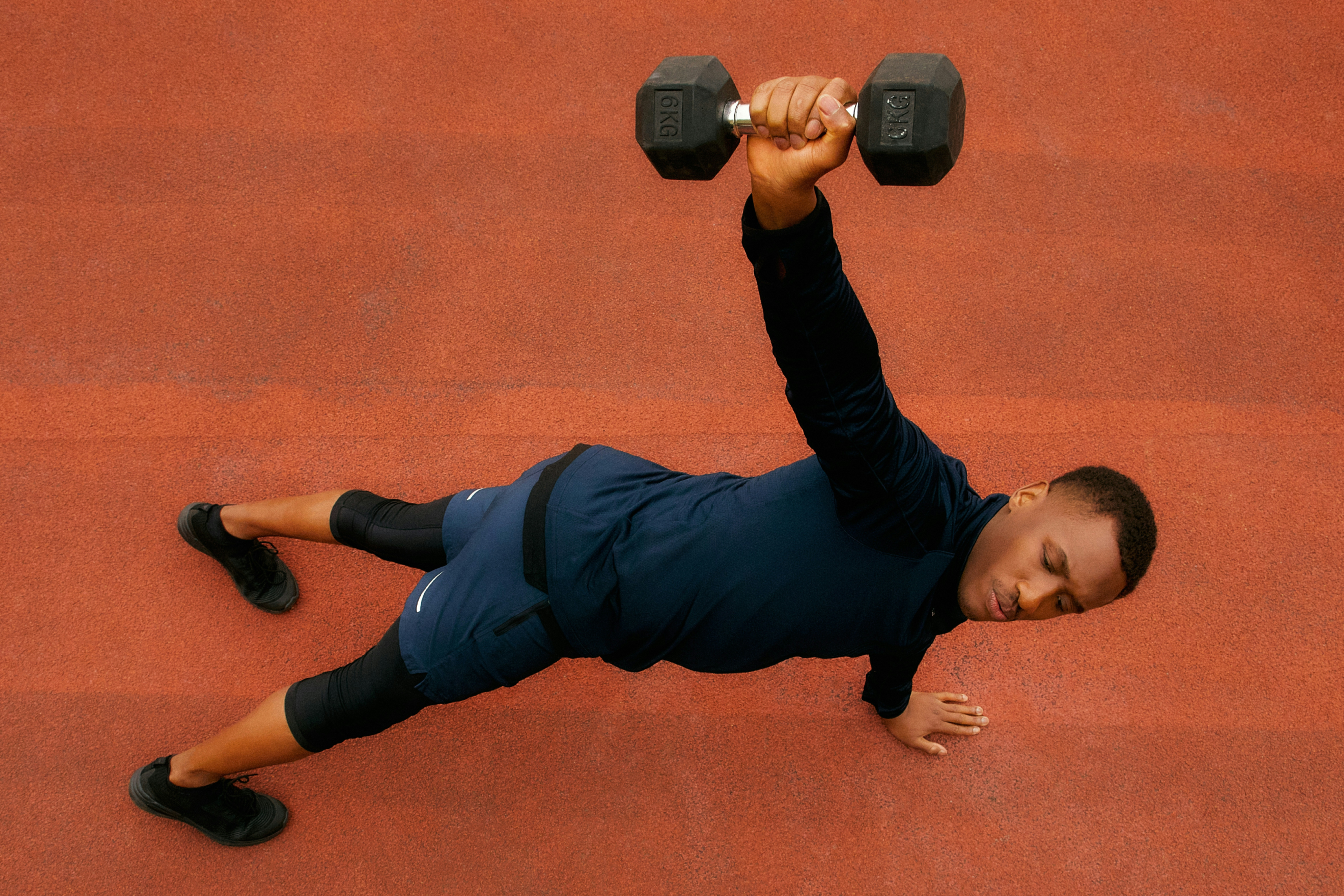
•
Nutrition•
Studies•
New Study: Mitopure Improves Muscle Health in Athletes
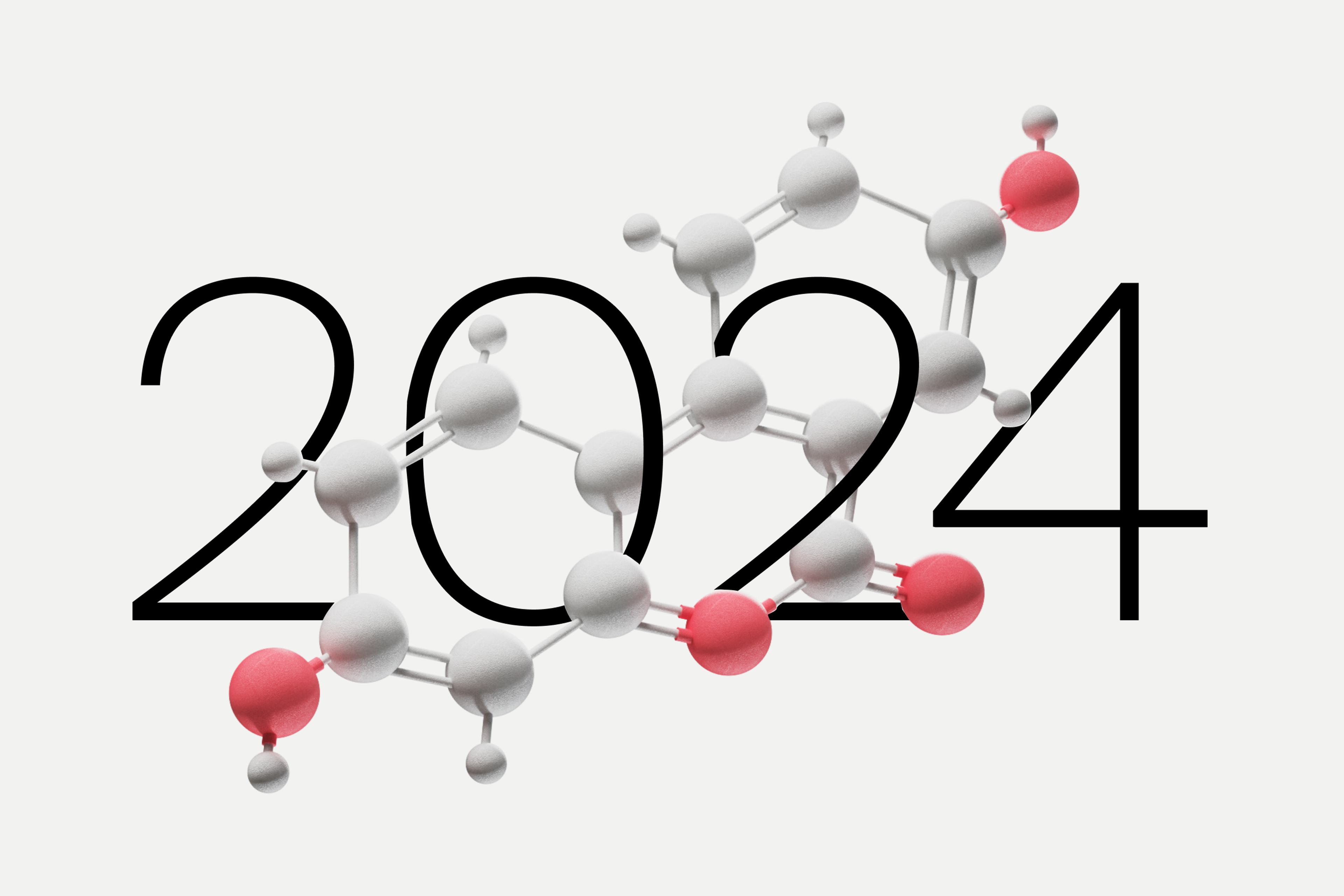
•
Nutrition•
Studies•







